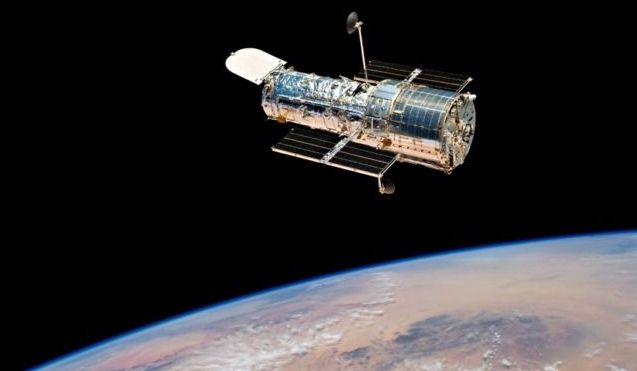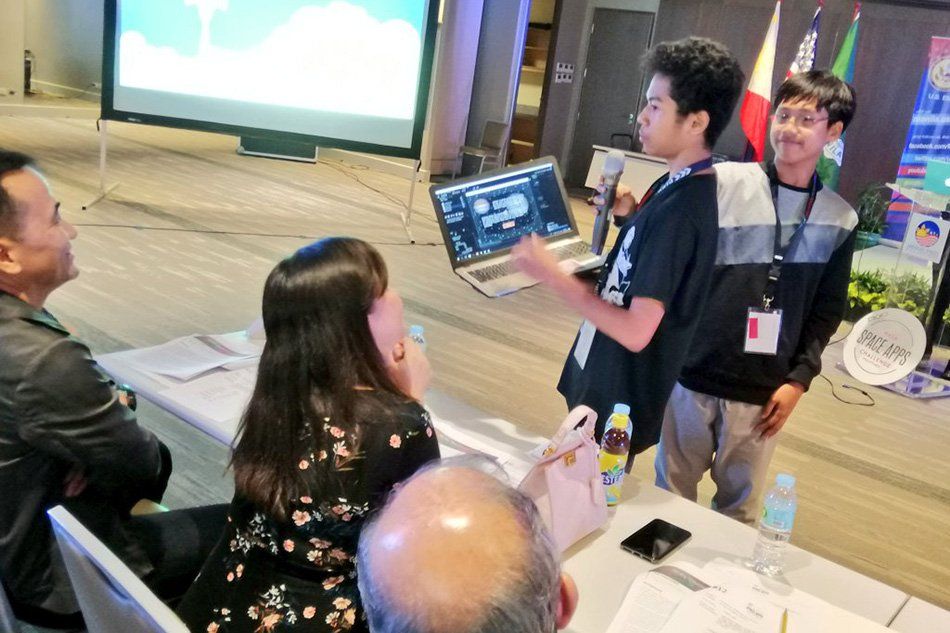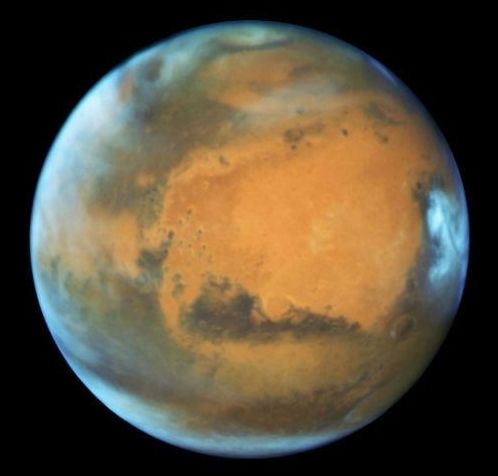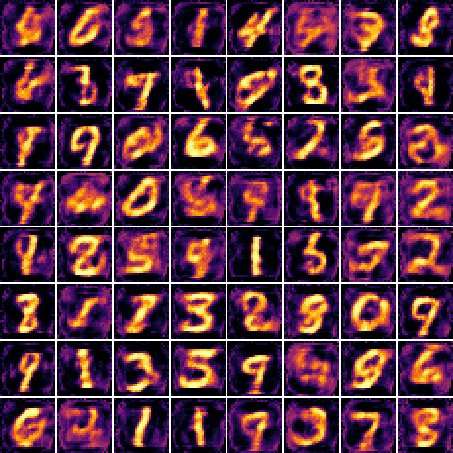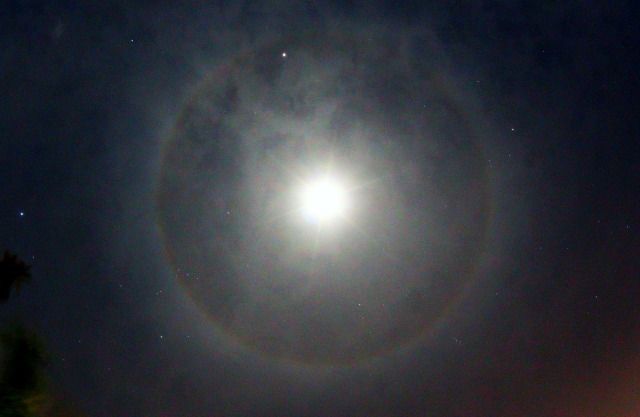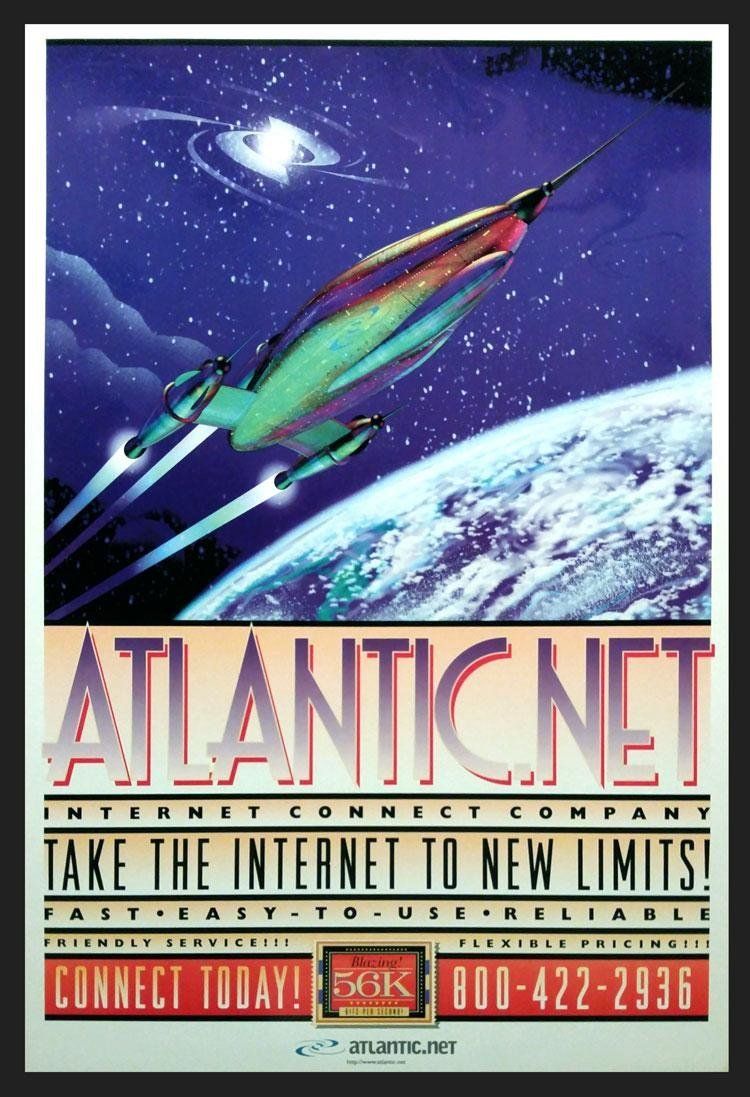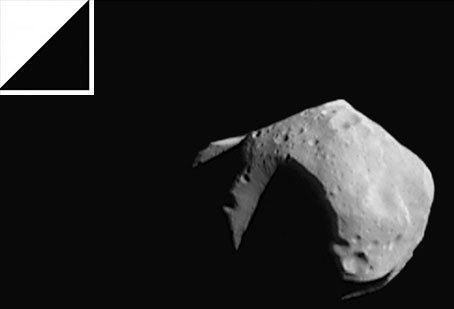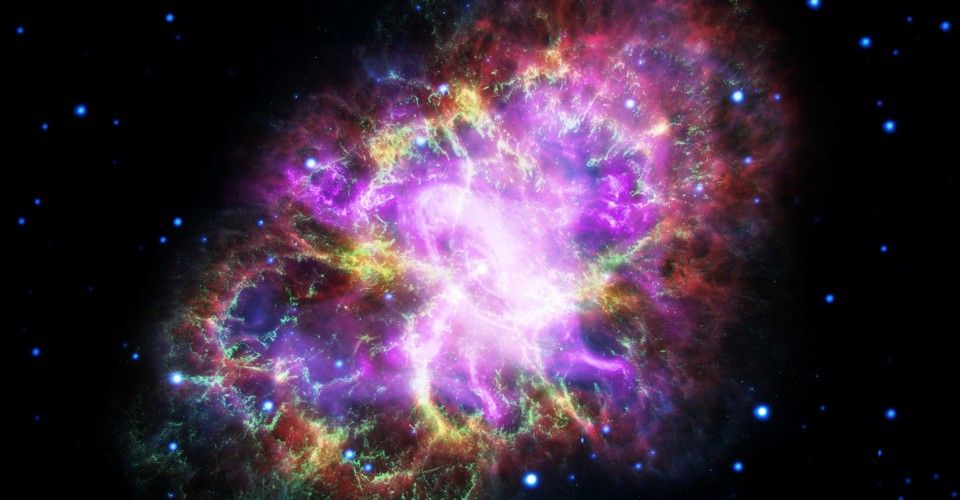Researchers at the Research Center for IT Innovation of Academia Sinica, in Taiwan, have recently developed a novel generative adversarial network (GAN) that has binary neurons at the output layer of the generator. This model, presented in a paper pre-published on arXiv, can directly generate binary-valued predictions at test time.
So far, GAN approaches have achieved remarkable results in modeling continuous distributions. Nonetheless, applying GANs to discrete data has been somewhat challenging so far, particularly due to difficulties in optimizing the model distribution toward the target data distribution in a high-dimensional discrete space.
Hao-Wen Dong, one of the researchers who carried out the study, told Tech Xplore, “I am currently working on music generation in the Music and AI Lab at Academia Sinica. In my opinion, composing can be interpreted as a series of decisions—for instance, regarding the instrumentation, chords and even the exact notes to use. To move toward achieving the grand vision of a solid AI composer, I am particularly interested in whether deep generative models such as GANs are able to make decisions. Therefore, this work examined whether we can train a GAN that uses binary neurons to make binary decisions using backpropagation, the standard training algorithm.”
